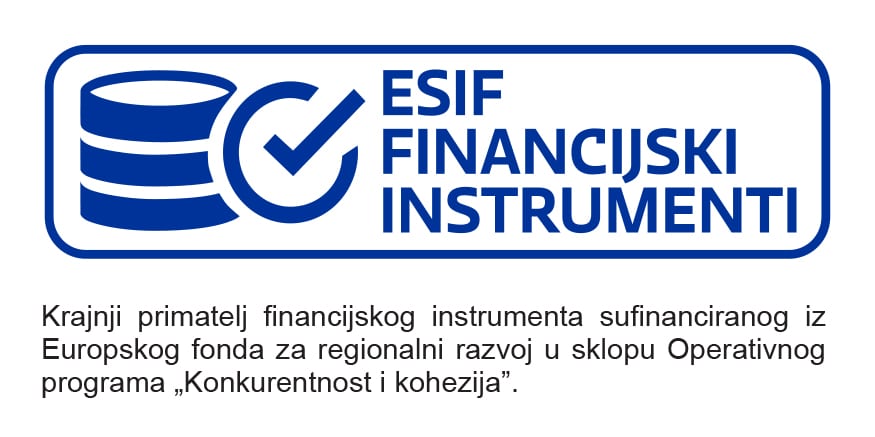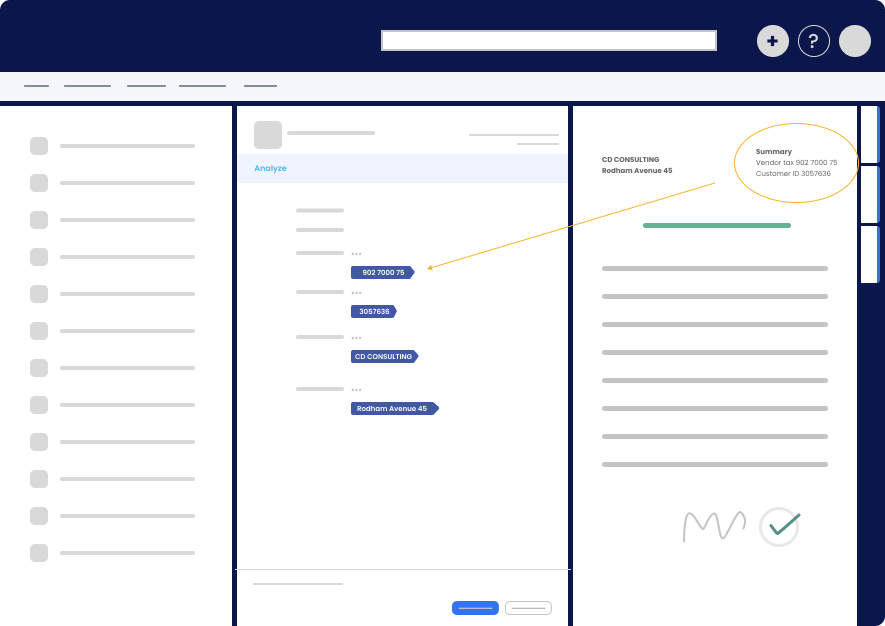After you have successfully installed the application, you should configure REST Object Type Connector. Open M-Files Admin
- In the left-side tree view, expand the desired connection to M-Files Server.
- In the left-side tree view, expand the Document Vaults node.
- Still, in the left-side tree view, expand the vault where you installed the connector and select Object or Value list which you want to connect.
- Right click on Object type or Value list and select properties.
- Select Connection to external database and choose Application connection.

Field description #
| Field | Value | Description |
| General Settings | ||
| Enabled | Yes/No | If set to Yes, automatic refresh of the specified external object type is enabled. It is recommended that you resolve all warnings and errors before setting this to Yes. Otherwise, the configuration cannot be saved. |
| Target Object Type | Choose from list ‘Object types’ | Specifies the object type this configuration is for. IMPORTANT: You can’t change this value after saving. |
| Target Value List | Choose from list ‘Value lists’ | Specifies the value list this configuration is for. IMPORTANT: You can’t change this value after saving. |
| Get Object Batch Size | Integer | This setting controls how many objects are read from the data source at one call. Note that this setting affects only the call between M-Files Server and the external object type service. Calls between the service and the data source depend on the service used. |
| Service-Specific Settings | ||
| Service data format | Json (default) | Data format |
| Service-Specific Settings>Service credentials | Optional service credentials. | |
| Domain | Text | Domain |
| Username | Text | Username |
| Password | Text | Password |
| Service-Specific Settings>Read endpoint>Settings>URLs[n] | ||
| URL | URL | Read endpoint URLs. |
| Service-Specific Settings>Read endpoint>Settings | ||
| HTTP method | One of the following: GET POST PUT DELETE | HTTP method |
| Data transformation | Yes/No | Optional transformation that will extract array of objects from HTTP response |
| Transformation expression | JsonPath expression | JsonPath expression returning array of objects. |
| Service-Specific Settings>Read endpoint>Settings>Query parameters[n] | Query string parameters | |
| Name | Text | Name |
| Value | Text | Value |
| Is pagination? | Yes/No | If set to Yes, this parameter will be used as pagination to get multiple pages of data. |
| Service-Specific Settings>Read endpoint>Settings>Headers[n] | HTTP headers to send with the request. | |
| Name | Text | Name |
| Value | Text | Value |
| Insert endpoint | ||
| Is supported? | Yes/No | Specify if insert operation is supported. |
| URL | Text | URL |
| HTTP method | One of the following: GET POST PUT DELETE | HTTP method |
| Can return ID on insert? | Yes/No | Controls whether this connection returns created object ID on insert. |
| Insert Endpoint>Query parameters[n] | Query string parameters | |
| Name | Text | Name |
| Value | Text | Value |
| Is pagination? | Yes/No | |
| Insert Endpoint>Headers[n] | HTTP headers to send with the request. | |
| Name | Text | Name |
| Value | Text | Value |
| Update endpoint | ||
| Is supported? | Yes/No | Specify if update operation is supported. |
| URL | URL | URL |
| HTTP method | One of the following: GET POST PUT DELETE | HTTP method |
| Update Endpoint>Query parameters[n] | Query string parameters | |
| Name | Text | Name |
| Value | Text | Value |
| Is pagination? | Yes/No | Not used |
| Update Endpoint>Headers[n] | HTTP headers to send with the request. | |
| Name | Text | Name |
| Value | Text | Value |
| Delete endpoint | ||
| Is supported? | Yes/No | Specify if delete operation is supported. |
| URL | URL | URL |
| HTTP method | One of the following: GET POST PUT DELETE | HTTP method |
| Delete Endpoint>Query parameters[n] | Query string parameters | |
| Name | Text | Name |
| Value | Text | Value |
| Is pagination? | Yes/No | Not used |
| Delete Endpoint>Headers[n] | HTTP headers to send with the request. | |
| Name | Text | Name |
| Value | Text | Value |
| Advanced settings | ||
| Trusted hosts[n] | Text | Host |
| Column definitions[n] | ||
| Column name | Text | Name |
| Column type | One of the following: • string • int • date • bool • double • DateTime | Column type. |
| Use column path as name | Yes/No | If set to Yes, column name can be written as dot separated property path. This is useful when retrieving non top level properties from response. For example, column name address.city would retrieve city property from top-level address property. |
| Column mappings | Settings related to mapping source columns to M-Files properties. IMPORTANT: Do not specify the mappings manually. When you save the configuration, the mappings will be automatically created and updated if the service allows it. | |
| Source Column | Text | Specify the name of the column to be mapped to M-Files. |
| Mapping Type | One of the following: • Ignore • Object ID • Property | Specifies how the source column is mapped to M-Files. Ignore. The source column is not mapped. Object ID. The source column is mapped as the external object ID. Property. The source column is mapped as an M-Files property. To use this mapping type, specify the “Target Property” setting. |
| Target Property | Property definition | Displayed only if [Property] is selected as mapping type. |
| Use in Update Operations | Yes/No | If this is set to Yes, this mapping is used in update operations. |
| Yes/No | If this is set to Yes, this mapping is used in insert operations. |







